Navigating the path of recovery from addiction can feel overwhelming for both individuals and their families. One essential strategy often overlooked is meal planning for recovery. It plays a crucial role in enhancing physical health, psychological balance, and emotional strength. By making informed nutritional choices, those on the journey to recovery can influence their mood, stress levels, and even cravings. Thus, meal planning becomes an integral part of recovery for individuals, and it also provides hope and structure to families who support them.
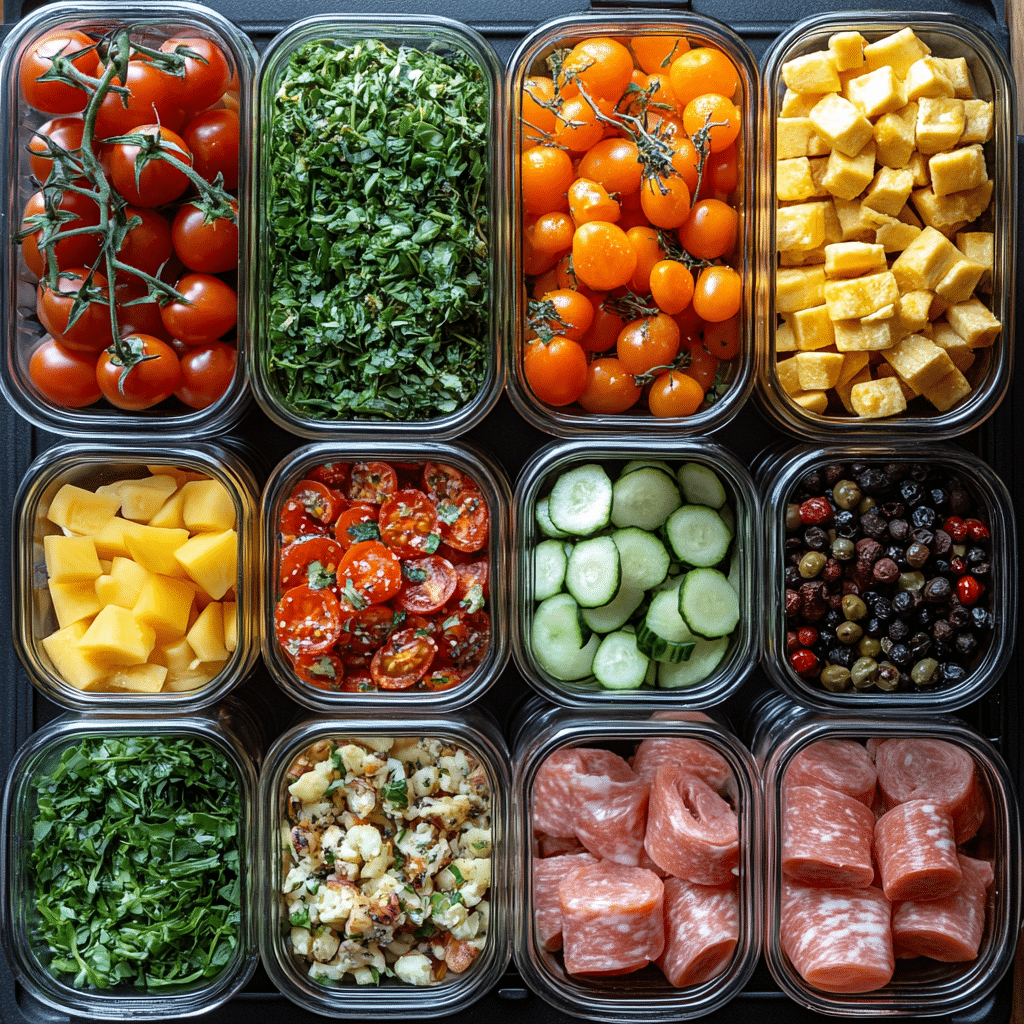
The Importance of Meal Planning for Recovery
Why is meal planning for recovery so vital? Well, for starters, it promotes a sense of control, which is hugely important during recovery. When individuals take charge of what they eat, they start to take charge of their lives. It provides an opportunity to create a nourishing routine, making a positive impact on physical and mental well-being.
Eating healthy meals rich in nutrients can help bolster energy, revive spirits, and foster a stable mindset. Studies indicate that balanced nutrition can significantly reduce anxiety and depression, which are common hurdles in recovery. Making thoughtful meal choices means stepping away from processed foods and opting for ingredients that genuinely nourish the body and mind.
Moreover, involving family members in meal preparation can create a shared purpose. It’s a time to bond over healthy choices and foster healthy routines, like those found in Healthy Routines. When everyone participates, it reinforces the idea that recovery is a family affair, promoting unity and support during what can feel like a solitary battle.
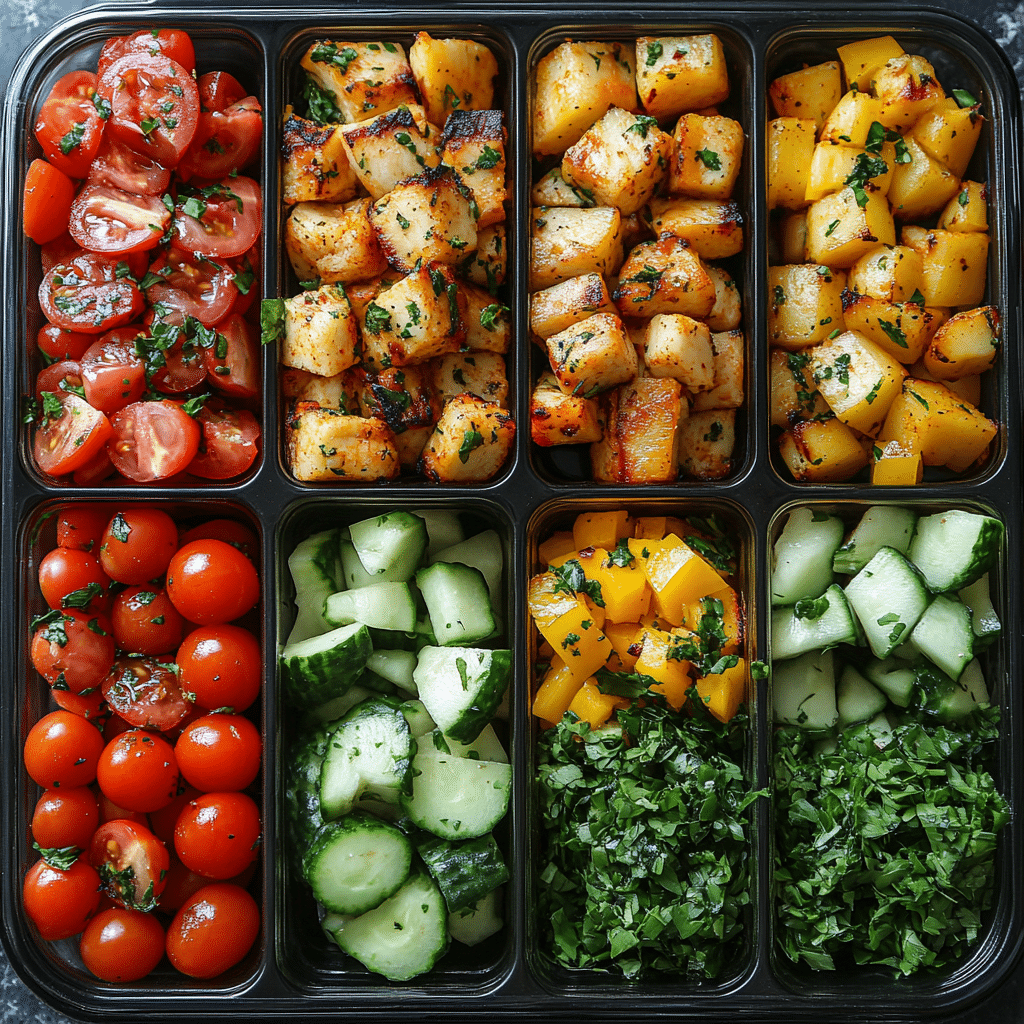
Top 7 Meal Planning Strategies for Recovery
Each strategy for meal planning for recovery brings its unique benefits.
Focus on whole foods like fruits, vegetables, whole grains, and lean proteins. Brands like Garden of Life provide organic options that can easily turn a typical meal into a nutritional powerhouse.
These essential fats support brain health and can combat feelings of depression and anxiety. Foods rich in omega-3s like salmon from Wild Alaskan Company make it easy to integrate these nutrients into daily diets.
Staying hydrated can sometimes slip under the radar, but it’s key for overall health. Aim for at least eight glasses of water daily, using infusion recipes like cucumber-mint to jazz things up. Apps such as WaterMinder can help track daily intake, encouraging adherence to hydration goals.
A balanced plate is crucial for stable energy. The USDA’s MyPlate model simplifies this, emphasizing portions of vegetables, grains, proteins, and dairy. Meal kits from services like HelloFresh can facilitate this practice, streaming meal prep and keeping nutrition in check.
A regular routine fosters stability, especially vital during recovery. Pick specific days for shopping and meal prep. This predictability contributes to a greater sense of normalcy and can even encourage participation in community cooking classes, which help bolster these habits with support from others.
Practicing mindfulness during mealtimes can be transformative. It’s about savoring each bite and reducing distractions. Meditation apps like Headspace offer guided exercises that can help develop this incredible habit, allowing individuals to become more in tune with their eating.
Getting the whole family involved can positively affect the recovery journey. Encourage participation in meal planning and preparation. Companies like Blue Apron provide family-friendly meal kits, turning cooking into a fun bonding experience for everyone involved.
The Psychological Benefits of Meal Planning for Recovery
Meal planning for recovery goes beyond just nutritional advantages. The act of planning meals can make individuals feel empowered, which is critical in their recovery journey. It gives them a sense of ownership over their choices and, by extension, their lives. Whether.
For instance, engaging in the practice of meal preparation can also serve as a meaningful act of self-care. It’s a reminder that caring for oneself is a significant aspect of recovery. When meals are planned and prepared with intention, they foster a deeper emotional connection to one’s health, leading to greater happiness.
Moreover, taking the time to prepare and share meals creates opportunities for bonding, conversation, and even laughter. These moments help reinforce social connections and emotional support networks that are essential during recovery.
Emphasizing Community and Support Systems
Support systems play a massive role in successful recovery. Groups focused on nutrition, like those offered by Food For Recovery, can be a valuable resource. Attending cooking classes, workshops, or community events can foster connections while learning new skills related to healthy eating.
Involving oneself in community-supported agriculture (CSA) programs or local co-ops can also provide fresh ingredients and create a sense of belonging. Sharing experiences with others facing similar challenges can provide hope and encouragement, reminding everyone that they are not alone.
By engaging with various community resources, families can also explore meal planning topics together, building skills that can only enhance their ongoing recovery journey.
Cultivating Long-Term Recovery
Ultimately, meal planning for recovery isn’t just about filling a plate; it’s about paving the way for a brighter future. It embodies a proactive step toward leading a healthy lifestyle filled with hope and optimism. By focusing on nutrition, families can manage stress and cravings more effectively, laying a solid foundation for sustained recovery.
Through incorporating daily routines into meal planning, families can create an atmosphere of health, support, and renewed purpose. It’s a journey worth taking, and every meal planned can signify a small step forward—an investment not only in health but also in the profound hope for a fulfilling life ahead. Each meal can mark a moment of commitment to recovery, empowering everyone involved to strive for a brighter, healthier tomorrow.
By drawing on these strategies and creating a supportive atmosphere, families embark on a transformative journey, shaping a future filled with health, happiness, and an unwavering sense of hope.
Meal Planning for Recovery Boosts Health and Hope
The Power of Planning
Meal planning for recovery can be a pivotal step in fostering resilience and hope. Did you know that a thoughtful meal plan not only nourishes the body, but also helps manage cravings? Emphasizing nutritious foods can lead to better well-being and mood stability—an essential factor during recovery. Interestingly, 6 Weeks ago today, a report showed that patients who engaged in meal planning were more likely to stick to their recovery goals, find joy in eating, and even try new recipes For The first time. This enjoyment can help create positive memories tied to food, making it less of a trigger.
Cooking with Care
Let’s face it: cooking doesn’t always seem glamorous, but it’s key to meal planning for recovery! Who knew that affordable ingredients could shine in your kitchen? Think about comforting dishes like chicken rico or flavorful veal Cutlets, which can be both satisfying and healthy. And here’s a fun fact: by preparing meals in advance, you save time during the week, allowing you to focus on personal growth and mindfulness. It’s like giving yourself a little gift each week as you settle into a routine that promotes healing.
Creating Hope through Habits
In the fast-paced journey of recovery, creating habits can seem tricky. That’s where meal planning for recovery becomes a game changer. It’s not just about food; it’s about fostering a sense of stability. Engaging in these activities, such as batch cooking or meal prepping, helps establish a predictable routine while also giving you a sense of control. Plus, with the right strategies for Managing Cravings, meal planning can truly enhance your journey. A little creativity in the kitchen can transform even the simplest dishes into savory delights, making recovery not just a path to sobriety, but a reason to celebrate each day!
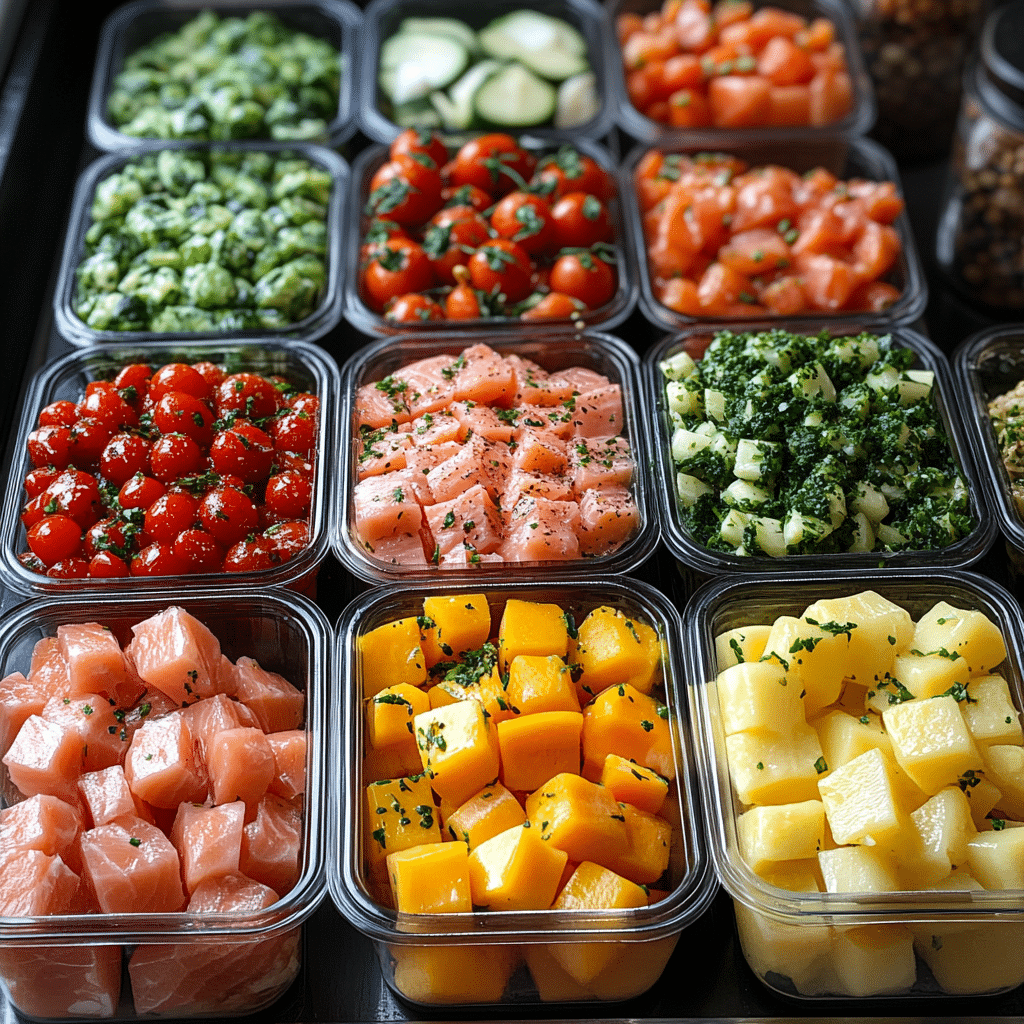

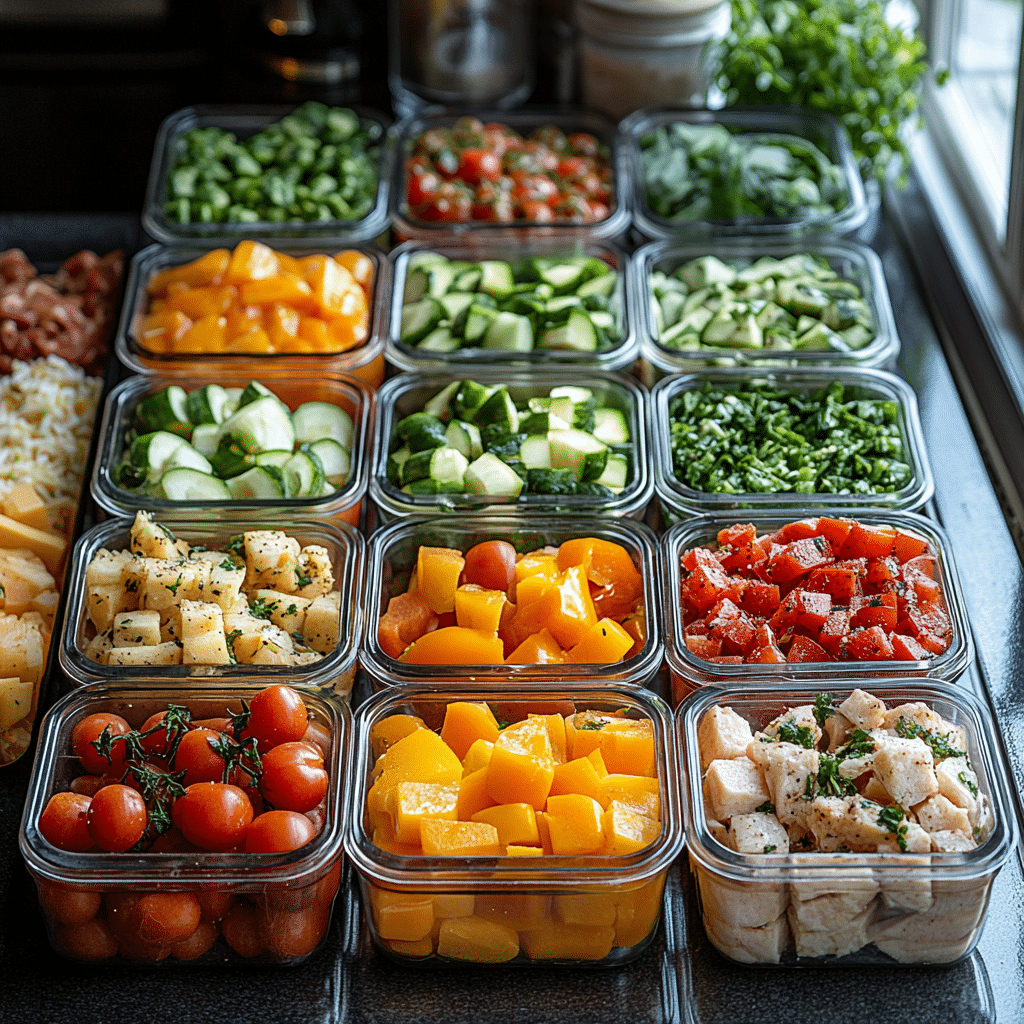






















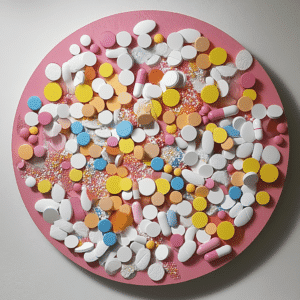



 Welcome to Mothers Against Addiction (MAA) AI Support Chat!
Welcome to Mothers Against Addiction (MAA) AI Support Chat!